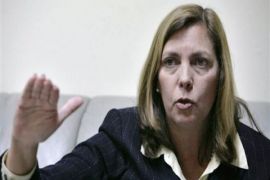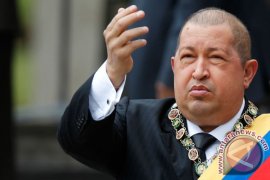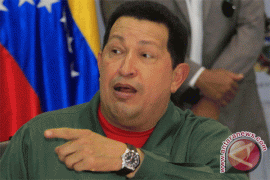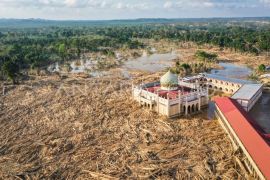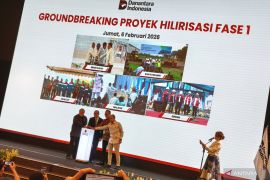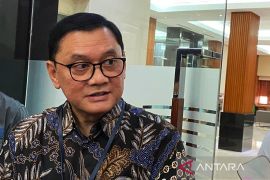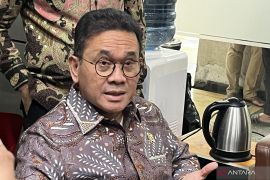Colombian President Juan Manuel Santos, host of the Summit of the Americas, said Saturday it would be "unacceptable" to keep Cuba out of the next gathering.
"The isolation, the indifference has shown its ineffectiveness. In today`s world, there is no justification for this anachronism," he stressed.
Cuba has never taken part in a Summit of the Americas, a regular meeting sponsored by the US-based Organization of American States (OAS).
The Colombian`s leader`s statement was echoed by remarks by his Bolivian counterpart, Evo Morales, who argued that all Latin American states backed Cuba`s participation in the summits.
"It is just impossible for one country to oppose the will of others and not listen to them." the Bolivian president said.
President Daniel Ortega joined his voice to the chorus of condemnation from the Nicaraguan capital, accusing the United States of continuing to pursue the "Monroe Doctrine" in the Western Hemisphere.
The early 19th century policy, named after then-US president James Monroe, called for US control over the destinies of its southern neighbors.
"Judging by the messages coming from the US president, the United States remain totally anchored in the past, in the `Monroe Doctrine`" said Ortega, who opted against coming to Cartagena. "It wants to dictate who can or cannot attend these summits."
Washington argues that communist-ruled Cuba is not eligible to attend because it lacks democratic credentials and does not "respect the human rights of the Cuban people."
Cuba was expelled from the OAS in 1962 at the height of the Cold War. The expulsion was rescinded in 2009, but Cuba has refused to return to the organization.
Ecuadoran President Rafael Correa is boycotting the summit because of the exclusion of Cuba, one of its allies and the Americas` only one-party Communist state.
Saturday, an alliance of left-leaning Latin American countries known as ALBA announced here that its members would not take part in any future summits of the Americas if Cuba were not included.
"We express our decision not to take part in future Summits of the Americas without the presence of Cuba," ALBA, which groups Venezuela, Ecuador, Bolivia, Nicaragua, Cuba, Antigua and Barbuda, and Saint Vincent and the Grenadines, said in a statement.
It also demanded an immediate end to Washington`s 50-year-old "inhuman economic, trade and financial embargo against Cuba" and urged regional countries "to continue to maintain its united solidarity in favor of Cuba`s admission to the summit".
In addition to Cuba, many Latin American leaders sought to focus on the pros and cons of drug legalization.
Several Central American leaders met here on the sidelines of the summit to discuss Guatemala`s proposal to consider legalizing street drug consumption. But they failed to reach consensus.
Guatemalan President Otto Perez insisted that his idea remained very much alive and voiced hope it would be taken up at a private meeting of hemispheric leaders.
Speaking at the business forum, Obama meanwhile said he favored a debate on the issue. On Friday, he said he opposed decriminalization or legalization of drugs.
"I think it is a valuable agenda to have a conversation whether the laws in place are laws that are doing more harm than good in certain places," the US leader said Saturday.
Venezuelan President Hugo Chavez, who is suffering from cancer, did not make the trip to Cartagena on the advice of his doctors. Instead, he flew to Cuba for further radiation therapy to treat a recurrence of cancer.
In the fallout of an embarrassing incident, the US Secret Service said Saturday it had suspended 11 agents assigned to Obama`s trip to Colombia amid reports they had used prostitutes.
Five US military personnel are also being investigated for misconduct said to have taken place at the same hotel where the Secret Service staff were staying in Cartagena, and have been confined to barracks. (*)
Editor: Kunto Wibisono
Copyright © ANTARA 2012
